Our curly hair is fragile, and many of the styling choices our straighter sisters pretty much take for granted must be used sparingly or not at all for us. It’s ok…that just means we’re special but that also means we have to work a tad harder at keeping our tresses damage free. Damage can occur through styling, neglect, chemicals, hormones, illness…the list can go on, and although we try to prevent damage, sometimes it’s too late. So many products tell you what they can do but do they explain how? Here’s a breakdown of ten products and what their ingredients can do to prevent and temporarily remedy current damaged curls.
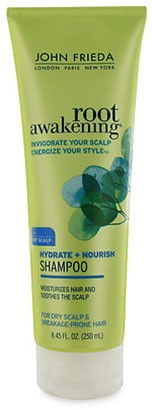
Eucalyptus has antiseptic and antifungal properties so the oil keeps your scalp healthy by preventing microbial growth while promoting healthy hair growth. It provides relief in scalp problems like dandruff, psoriasis, scalp pimples, and a dry scalp. It also increases the elasticity of your strands. Peppermint oil will promote hair growth by penetrating the hair follicle to improve blood circulation and increase oxygen supply. It’s also an astringent and balances your scalp’s pH level so you have a normal oil producing level.
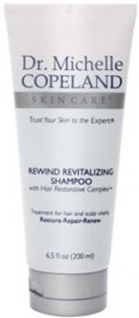
Ginseng promotes hair growth, combats hair loss, and stimulates the scalp. Niacin or vitamin B3 expedites blood circulation, which helps in hair growth. An adequate consumption of niacin will can also help prevent hair loss. Apigenin naturally occurring in parsley has antioxidant and anti-inflammatory properties. It also stimulates hair growth.

Ojon oil is rich in lipids, which help repair damage. Blue agave is high in polysaccharides and oligo-minerals like zinc, magnesium, calcium, and potassium. It drenches your damaged and dehydrated hair with vital moisture and helps the hair to retain it.
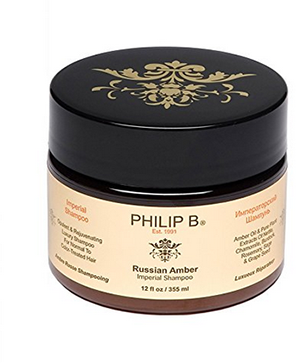
L-Amino acids help with hair loss. Wheat and soy proteins repair the hair at the cellular level and silk from the silkworm with help strengthen hair by acting like a barrier against moisture loss. Silk protein binds to the keratin in our hair and creates a layer of protection. Soy has been linked to fighting hair loss but one gets better results when in conjunction with other ingredients.
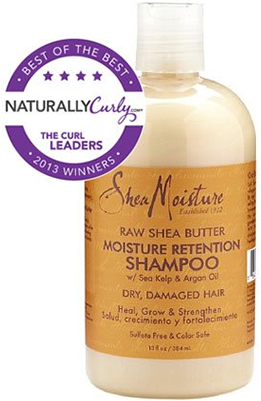
Sea kelp is a rich source of iodine minerals such as calcium, zinc, magnesium, iron, and l-lycine which all directly affect hair growth. Argan oil will add the much-needed moisture to dry hair and reduce frizz. Shea butter is a rich source of moisture, vitamins, and fat for your hair. It has anti-inflammatory properties and helps to improve your hair’s growth and health.
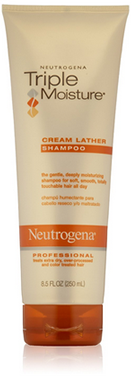
Olive oil is a great warrior for split ends. It adds weight and moisture to your hair and all you need is just a little on the ends. It’s rich in vitamin E and vitamin A, antioxidants, and helps protect the keratin in your hair. Meadow foam oil has s long-chain fatty acids that help retain moisture without a greasy residue. It adheres to the hair shaft and fights frizz. Almond oil for hair growth has been used for years and the first evidence comes from ancient Egypt.
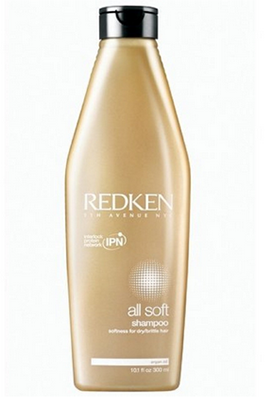
Argan oil adds moisture and avocado oil help to nurse hair that has been damaged by heat or environmental factors. It’s high in vitamin E and will strengthen the hair while preventing more breakage. It also encourages healing on the scalp from sunburn. Olive oil will add weight and moisture to your strands while the silk amino acids get absorbed deep into your hair and create a defense against dryness and moisture loss.

Get your strands repairs it needs with the natural reparative properties of monoi oil. No stripping, no snags, and no strenuous detangling session after cleansing your hair with this fast-rinsing, moisture-filled wonder in a bottle.

Monoi oil is a coconut oil derivative and bolsters shine and decreases frizz and flyaways. It repairs hair by realigning the keratinous scales of each hair fiber and protects your strands from environmental damage.

Panthenol is a humectant, emollient, and a derivative of vitamin B5. It forms a smooth film on the surface of the hair’s cuticle and penetrates the hair shaft to add moisture. Magnesium or magnesium oil is used for treating hair loss by clearing calcium deposits off the scalp that may be blocking the hair follicles. This is important because many suffering from baldness have inflammation or calcium deposits on the scalp.













